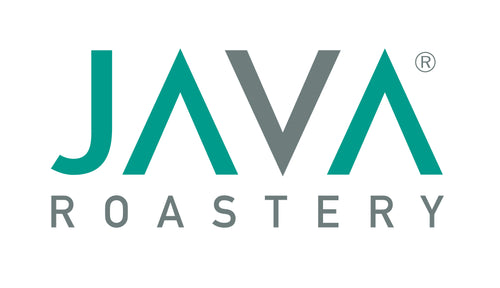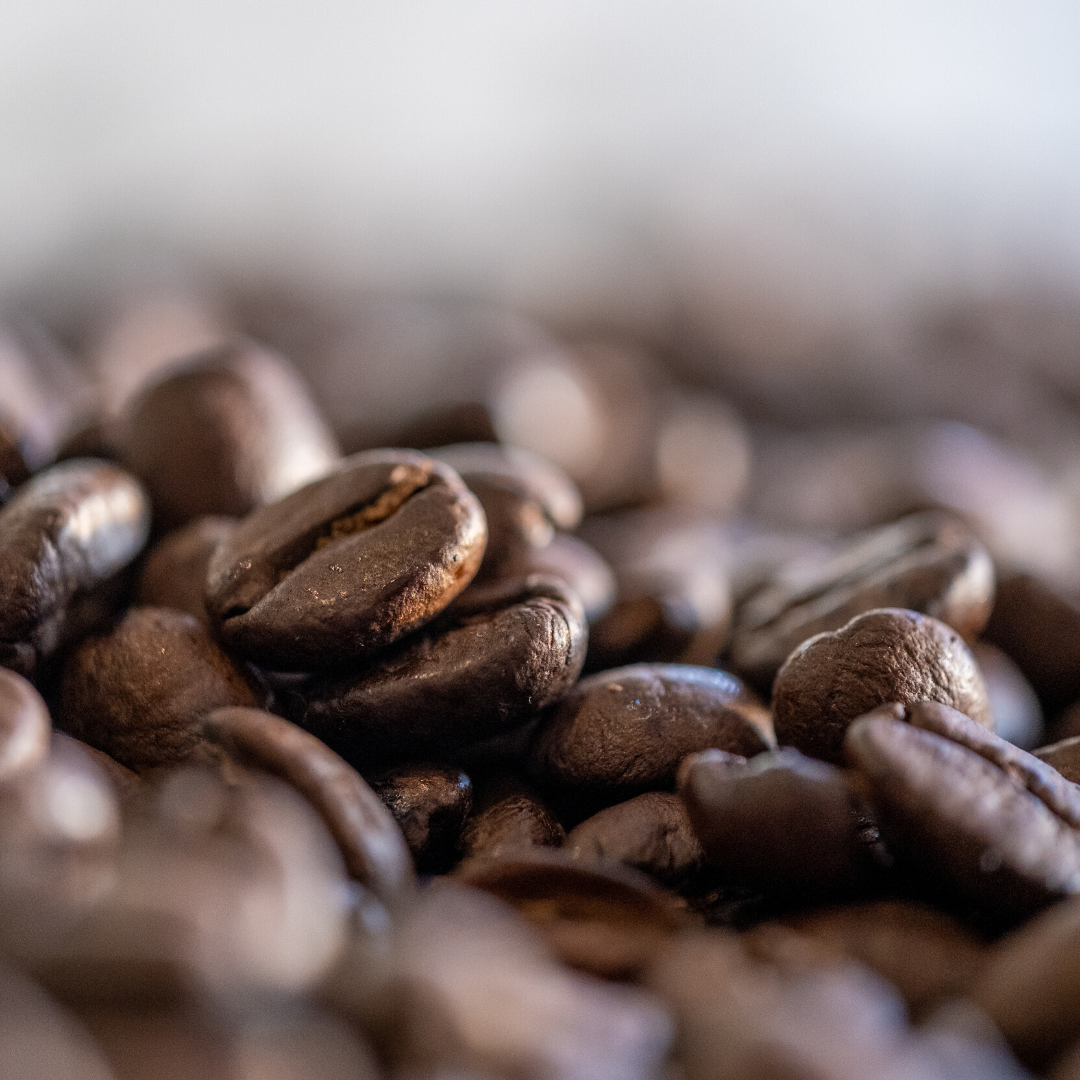Java Roastery brings to you the best single-origin coffees from around the world.
Single-origin coffee is coffee sourced entirely from one farm, or it can be sourced from multiple farms in the same geographical area, or from the same country.
At Java Roastery, we like to examine the essential variables that contribute to the distinct flavours produced at each farm when choosing which coffee farms to source from. In light of this, we provide you with different single-origin coffees throughout the year depending upon the time of year and the quality of the harvest.
Currently, we’re providing you with single-origin coffee from Ethiopia and Brazilian Swiss Water Decaf.
Brazilian Swiss Water Washed Decaf
Our Brazilian Swiss Water Washed Decaffeinated coffee
Brazil Swiss Water® Decaf Cerrado
CERRADO, BRAZIL
Brazil is the world’s largest producer of coffee, most of this is Arabica.
PROCESS: Natural
VARIETALS & VARIETIES: Catuia, New World, Tupi
TASTING PROFILE: Delicate, balanced with medium acidity and mild fruit and nut flavours.
Please click on the image below to watch how the magic of the decaffeination process happens:

Order in-store to experience this unique coffee.
COLOMBIA EXCELSO
Description
Colombia is a country of great diversity, geographically, culturally, and linguistically. It boasts over 68 ethnic languages, Spanish, and even English in one of its archipelagos. Its land ranges from the Amazon Rainforest to the Andes highlands and was once the world's largest producer of washed coffees from three main regions trisected by the Andes. This results in two key harvest times, ensuring fresh coffee year-round. Varietals and farmers change throughout the year, with mills and QC labs ensuring cup consistency.
When ripe, coffee cherries are picked and initially sorted through flotation to remove underripes, sticks, and debris. They then go through a pulping machine and washing channels to fermentation tanks, where they sit for 8-14 hours. After fermentation, they dry on patios or guardiolas to 10-12% moisture. Typically, this process occurs on the farm, and the cherries are then taken to a dry mill for grading, tasting, and blending. The coffee, stored in parchment until export-ready, is hulled at the dry mill and bagged for shipping. Bean sizes 15-16 are graded as Excelso.
CUPPING NOTES
Based around the classic caramel and chocolate structure, citrus and red apple notes often appear as the balancing acidity.
|
Origin |
Colombia |
|
Process |
Washed |
|
Altitude |
1100 +m |
|
Flavour |
Apple, Caramelised, Chocolate, Lemon, Orange, Sweet |
|
Species |
Coffea Arabica |
|
SCA score |
83 |
|
Varietal |
Castillo, Caturra, Colombia, Typica |
BRAZIL SANTOS
Description
Brazil is the largest coffee producer globally. This country's diverse coffee production spans from smallholder farms to vast estates, thanks to favorable soils, regional climates, and temperatures that create excellent growing conditions. However, Brazil's lack of altitude—often crucial for the best Arabica flavors—is notable, with much of its coffee grown at or below 1000 meters above sea level, significantly lower than the typical 1400-1800 masl found in many other coffee-producing nations.
In recent years, Brazil has made significant efforts to position itself as a sustainable coffee producer. Global attention has led to the implementation of legislation to protect indigenous habitats and forests. Many estates have gone beyond these regulations by incorporating substantial conservation areas.
Cupping notes
Based around the classic Nuts and Caramel structure, citrus and acidic notes often appear with the new techniques.
|
Origin |
Brazil |
|
Process |
Natural |
|
Altitude |
900 - 1100m |
|
Flavour |
Caramelised, Cocoa, Dark chocolate, Molasses, Nutty |
|
Species |
Coffea Arabica |
|
SCA score |
80 |
|
Varietal |
Various |
HONDURAS
Description
Since 2000, COCAFELOL has been diligently supporting its coffee producers. The organization is committed to promoting sustainable agricultural practices and repurposes many waste products from coffee processing into organic fertilizers for its members' farms.
During harvest, when the coffee is at peak ripeness, it is manually collected and sent to centralized washing stations for pulping, washing, and drying. About 30% of the annual harvest arrives as cherries and undergoes full processing. SHG grades are dried using guardiolas to ensure a consistently high-quality result.
CUPPING NOTES
|
Origin |
Honduras |
|
Process |
Washed |
|
Altitude |
1100 - 1650m |
|
Flavour |
Caramelised, Chocolate, Other Fruit, Toffee |
|
Species |
Coffea Arabica |
|
SCA score |
83.5 |
|
Varietal |
Bourbon, Catuai, Caturra, Icatu, Lempira, Pacamara, Parainema |
ETHIOPIA YIRGACHEFFE
Description
Smallholder farmers living near the washing station hand-pick their coffee cherries and deliver them the same day. The cherries are then floated, washed, and de-pulped to remove the beans.
The beans undergo fermentation for 12-36 hours before the parchment coffee is spread out on raised beds to dry under the sun.
CUPPING NOTES
Please Click Here For Recommended Recipes
|
Origin |
Ethiopia |
|
Process |
Washed |
|
Altitude |
1700 - 2200m |
|
Flavour |
Caramelised, Jasmine, Lemon, Sweet |
|
Species |
Coffea Arabica |
|
SCA score |
83.25 |
|
Varietal |
Heirloom |
COSTA RICA SHB
Description
Coope Tarrazu is a cooperative formed in 1960, initially with 228 members, and has grown to include around 5,000 members representing coffee growers from the Tarrazu region. With 80% of members owning less than 4 hectares, the cooperative offers significant benefits, including access to agronomists for expert advice.
In 2011, they established a Research and Development department to explore practical uses for by-products, sustainable agriculture, efficiency, and energy solutions. They have developed an app-based solution for farmer members and maintain partnerships with various universities and institutes to advance sustainable agricultural practices.
La Pastora is their flagship coffee brand, known for its high acidity, medium body, and excellent aroma, characteristic of the Tarrazu region. The coffee is picked at peak ripeness and delivered to the receiving station before moving to the wet mill. Here, centrifugal processors depulp the cherries, significantly reducing water usage and eliminating the need for fermentation, thus conserving millions of liters of water daily and minimizing waste and the risk of over-fermentation.
Farmers can choose which mill to use, with daily prices published in the national press for transparency. The beans are then taken to pre-driers for 12 hours before a final drying period of around 20 hours in a guardiola.
CUPPING NOTES
|
Origin |
Costa Rica |
|
Process |
Washed |
|
Altitude |
1250m |
|
Flavour |
Caramelised, Cherry, Chocolate, Grape, Orange |
|
Species |
Coffea Arabica |
|
SCA score |
83.75 |
|
Varietal |
Catuai, Caturra |
CONGO KIVU 3
CUPPING NOTES
Please Click Here For Recommended Recipes
|
Origin |
D.R. Congo |
|
Process |
Washed |
|
Altitude |
1500-1700m |
|
Flavour |
Fruity, Sweet |
|
Species |
Coffea Arabica |
|
SCA score |
83 |
|
Varietal |
Catuai,Various |

Yemeni Coffee
Yemen is considered by some to be the birthplace of both Arab civilisation and coffee, and is, referred to as the ‘Land of Origins’.
Coffee was, first cultivated during the 15th century. Since then, the methods of coffee farming have pretty much remained the same. Grown high in the mountains of Yemen, terrace farms emerge out of the mountains in a beautiful cascade of geometric patterns.
Farming at such high altitudes contributes to the distinct flavours of Yemeni coffees; the higher the coffee is grown, the higher the quality. Combined with the country’s climatic conditions, the extremely dry conditions bring out the beans’ sweet tastes and allow the floral notes to develop; this is why Yemeni coffees have tastes unlike any other coffees farmed in the rest of the world.
As a result, Yemeni coffees have sweet, rich, fulsome flavours, and they also have a long sought after, inherent chocolate fruit flavour.
When coffee, was first being exported from Yemen’s principal port city, al-Mokha, to the rest of the world, people tried to replicate its flavours, so they would mix coffee with chocolate to make it taste like the coffee that came from al-Mokha; this is where the name Mocha comes from.
However, today, most of the world hasn’t experienced the origins of coffee Mocha and discovered its rich, fruity chocolate flavours because Yemen only produces around 0.1% of the world’s coffee. The reasons for this are complex. Its particularly astonishing when you consider that in the early 1700s, the world’s coffee supply originated from Yemen.
We’re going to change that.
Java Roastery has ambitious plans to bring Yemeni coffees to the world.
If you want to be the first to experience the origins of Yemeni coffee then signup to our newsletter and be the first to buy online or experience in-store.


